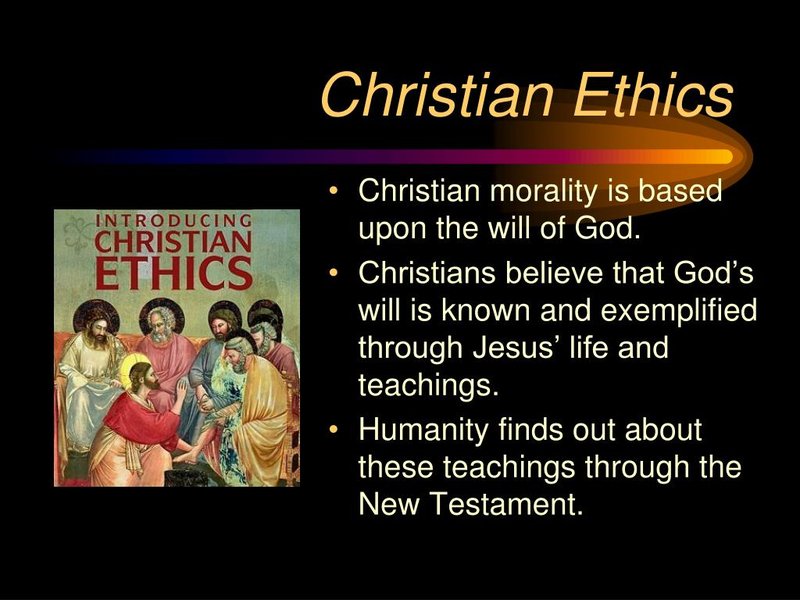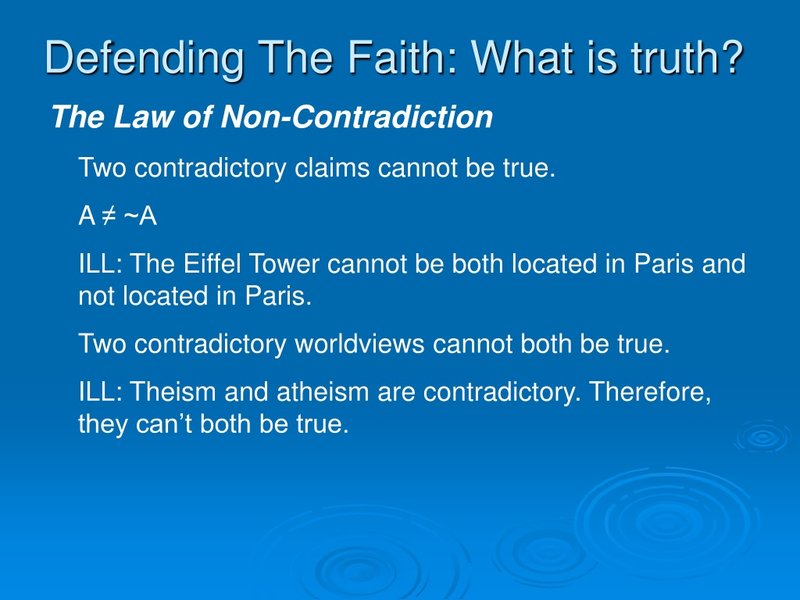· Christian Apologetics · 6 min read
Biblical Answers to Evil and Suffering: Refuting Atheist Arguments with Science
Explore how biblical teachings provide profound insights into the existence of evil and suffering, debunking atheist arguments through the lens of science. Discover how scientific evidence aligns with biblical truths in addressing these age-old philosophical questions.

Biblical Answers to Evil and Suffering: Refuting Atheist Arguments with Science
Introduction
Evil and suffering have long been a challenge for believers in any religion, including Christianity. For Christians, the existence of evil and suffering raises questions about the nature of God, His goodness, and His involvement in the world. Atheists often use the presence of evil and suffering as an argument against the existence of God. However, when examined from a biblical perspective, these challenges can be addressed in a way that is consistent with Christian beliefs.
In this article, we will explore eight key questions about evil and suffering and provide biblical answers that refute atheist arguments. We will also examine how science aligns with biblical truth in addressing these issues.
1. Why does evil exist if God is good?
The existence of evil does not negate God’s goodness but rather highlights the reality of human free will. According to the Bible, God created human beings with the ability to make choices, including the choice to do evil. The presence of evil in the world is a consequence of mankind’s rebellion against God’s perfect plan.
As St. John Paul II stated, “Suffering is an experience of evil.” However, through Christ’s suffering on the Cross, He conquered the author of evil, Satan, and provided a path to eternal salvation. The triumph of good over evil is central to the Christian faith.
2. How can science support biblical truth regarding evil and suffering?
Science can provide insights that align with biblical teachings on evil and suffering. For example, scientific research on human behavior has shown that acts of evil are often rooted in selfishness, arrogance, and other negative traits. This aligns with the biblical understanding that sin is at the heart of human wrongdoing.
Additionally, science can help explain natural disasters and diseases that cause suffering. These events are often the result of natural laws and processes established by God. Understanding the scientific causes of suffering can help believers see how God’s creation works and how He can bring good out of difficult circumstances.
3. Does evil have any power equal to or above God?
Christianity does not regard evil as having any power equal to or above God. While evil exists and has consequences in the world, it is ultimately subordinate to God’s sovereignty. Scripture affirms that God will one day remove every remnant of evil from His creation and restore perfect goodness to the world.
4. How can Christians reconcile the reality of evil with a good and sovereign God?
The reality of evil challenges believers to trust in God’s goodness and sovereignty even in the face of suffering and injustice. Scripture assures us that God is good, wise, and just, even though we may not always understand His ways. Christians find comfort in knowing that God is present with them in their suffering, providing strength and hope.
5. Can atheists’ arguments against the existence of God be refuted?
Atheists often use the presence of evil and suffering as an argument against the existence of God. However, their arguments fail to account for the complexity and mystery of human free will, as well as the redemptive plan that God has provided through Jesus Christ.
While atheists may question why a loving God allows suffering, they often overlook the fact that much of the world’s suffering results from human choices and actions. The biblical understanding of sin as a source of suffering provides a more comprehensive explanation for the existence of evil.
6. How does the Bible address the problem of evil?
The Bible does not provide a clear-cut answer to why evil exists. However, it offers insights into the nature of evil, its consequences, and God’s response to it. The biblical narrative reveals that evil entered the world through human disobedience but also promises that God will ultimately triumph over evil.
Scripture encourages believers to trust in God’s goodness and sovereignty, even in the midst of suffering. It also emphasizes the importance of personal responsibility and the need for repentance and redemption.
7. How can Christians respond to the challenge of evil and suffering?
When faced with the challenge of evil and suffering, Christians are called to respond with compassion, love, and a deep reliance on God’s grace. The Bible teaches that believers should comfort those who are suffering and work towards alleviating pain and injustice in the world.
Additionally, Christians can find hope and strength in the knowledge that God is present with them in their suffering. Through prayer, worship, and fellowship with other believers, they can find comfort, guidance, and renewed faith.
8. How can Christians engage in meaningful dialogue with atheists on this topic?
Engaging in meaningful dialogue with atheists requires understanding their perspective and addressing their concerns with respect and empathy. Christians can present biblical answers to the problem of evil while acknowledging that there are mysteries and complexities that may not be fully comprehensible.
By emphasizing the redemptive work of Christ and the transformative power of faith, Christians can offer a compelling response to atheist arguments. It is important to listen attentively, acknowledge valid points made by atheists, and provide reasoned explanations that align with biblical truth.
In conclusion, the problem of evil and suffering is a complex issue that challenges believers’ understanding of God’s goodness and sovereignty. However, when examined from a biblical perspective, these challenges can be addressed in a way that is consistent with Christian beliefs. Science can also provide insights that align with biblical truth regarding evil and suffering. By engaging in meaningful dialogue and relying on credible sources within the Christian tradition, believers can confidently refute atheist arguments while upholding the principles and best practices of their faith.
Quotes:
St. John Paul II: “Suffering is, in itself, an experience of evil. But Christ has made suffering the firmest basis of the definitive good, namely the good of eternal salvation.” (source: The Uniquely Christian Response to the Problem of Suffering)
R.C. Sproul: “Evil is not ultimate. Christianity never denies the horror of evil, but neither does it regard evil as having any power above or equal to God. Scripture’s final word on evil is triumph.” (source: Answering Evil by R.C. Sproul)



